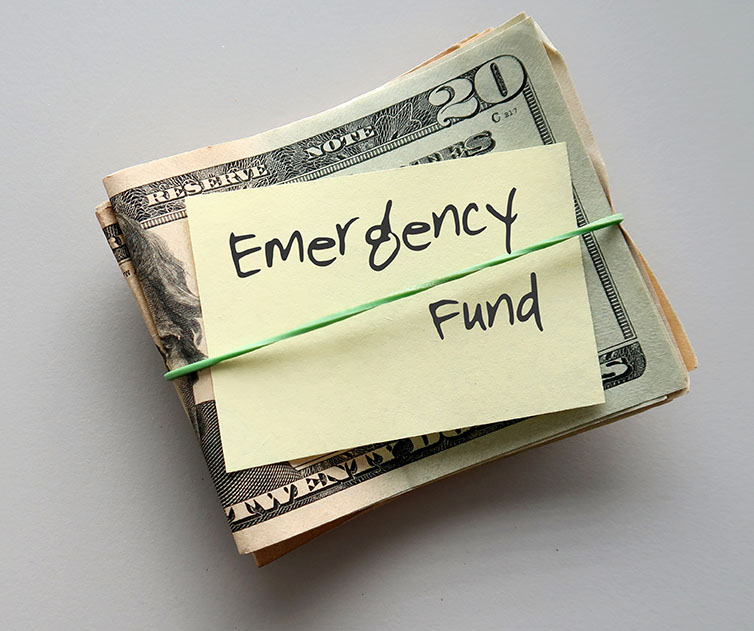Every family has felt the impact of the past year. With costs of goods and essential services on the rise, it is important to take stock of your finances and make sure you are saving money in places you can. For many families, it can be challenging to think about saving money. Here are some simple things you can start doing today that can have a positive effect on your future finances and well-being.
Set a family budget – For many families, it can be a challenge to keep a budget. Let’s face it, it can be downright discouraging when you go past your budget. But, when you put a framework around you finances, you will be able to see where your money is going. A General rule is the 50-30-20 rule. 50% of your finances going to essentials like mortgage or rent, bills, groceries. The next is 30% – this should go to things you want, such as clothes, entertainment and subscriptions and dining out. The 20% remainder should go towards saving or investing. Use this tool to help you map your finances.
Make a rainy day fund – A rainy day fund is a great way to have cash set aside in the event that a car breaks down, an appliance breaks, or other such emergency. When money seems tight, this may seem impossible. To start, get an envelope, and start putting aside a few dollars each week. Having a padding of cash at hand will alleviate the stress that comes when a little extra money is needed.

Check your insurance rates – Many people have their car, home and life insurance rates locked in, not checking to see if they are paying more than necessary. It is in your best interest that insurance companies often are competitive, giving you opportunities to save money. Don’t stay married to your insurance company. Take a few minutes and look around to see if you could be saving money with another insurance provider.
Pay off debt – Many people are only paying the minimum on their mortgage, car payments and credit cards. When we don’t have a plan to pay off our debt, we can find our expenses consumed in making large payments, unable to save or invest any money. A simple way to avoid this is to make a little larger payments on the card you have the most paid off on. Then, when that card is paid off, get to working on the next one. This snowball effect can help you pay off your debt in a practical way.
Refinance your house – Although mortgage rates are on the rise, it may still be an opportunity to get locked into a lower rate for your home. Reach out to your lender to see what options are available. Another opportunity that can come from a refinance is getting a cash-out. Use this extra cash to pay off other debt that may be at higher rates, such as credit cards, or paying cash for a car.
Although it can seem intimating, there are many ways to get ahead in your finances. It may seem impossible at first, so just take small steps where you can. Get an envelope and start putting cash in it and pay a few extra dollars on your next card payment. Saving money and creating a budget is one of the best ways to protect your resources. This type of saving can create a better future for yourself and your family.

